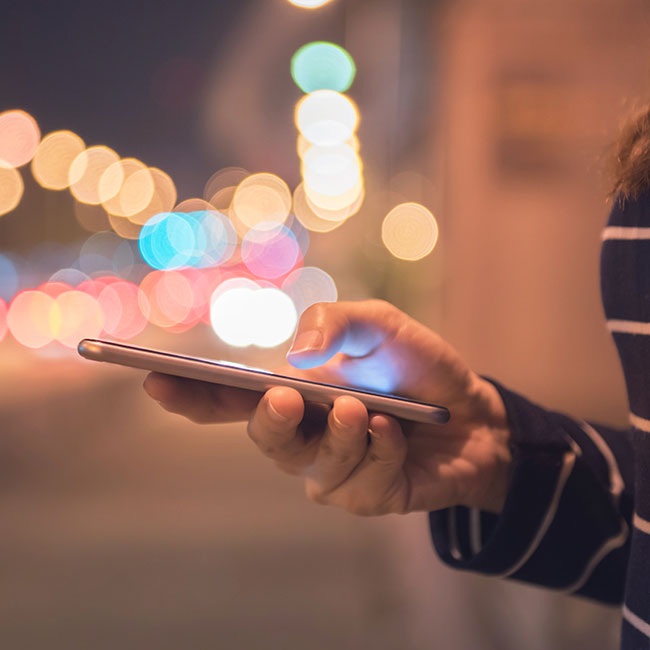
YouTube
Is it the scariest app of all? No, of course not. But what may frighten you is the realization that YouTube is a seemingly innocent free app that delivers so much great content but is also quietly siphoning your data in return.
“Any time you check for a video on YouTube, 42% of your personal information is sent elsewhere,” says Michael Robinson, Security Expert of Cheap SSL Security. “This information is then used to determine the types of advertisements you'll see before and after videos, as well as sold to advertisers that will target you on other social media sites. You can go into your iPhone's settings and turn off location for Youtube there.”
Instagram
Far worse than YouTube is an app that you probably suspect is using your data, but maybe not to the degree that it is: Instagram
“Instagram shares a daunting amount of 79% of data with other organizations,” says Eden Cheng, the founder of software company WeInvoice. “Such information includes buying details, browsing history, and personal data. Having more than 1 billion monthly active users, it is a terrifying matter that Instagram is a popular hub for sharing a colossal amount of unknowing user's data.”
Cheng says the app collects your data to provide you a better experience, optimize their seamless work, and identify how you interact with them to correct bugs. “So, these are done by sharing your data with third parties,” Cheng says. “Such third parties might be integrated with that company that operates the app or paying an amount to access their user's data. In order to stop Instagram from sharing my data with a third party, we should uninstall the app.”
Here’s the catch when it comes to apps and data-sharing: it’s far more prevalent than you might think. While it’s easy to point fingers at apps like Facebook (the most infamous for this practice), Instagram, and YouTube, Alina Clark, growth manager and co-founder of CocoDoc, reminds us that there are TONS of apps that could be sharing your data without you knowing it.
“Facebook is on top of the list — but did you know that TikTok and Chrome apps, too, are doing something in the background?” Clark says. “Your favorite Fruit Ninja and Zynga games are also sharing your data secretly. Now that you know it, would you delete it right away? I bet not. What I'm trying to say is if you delete all those apps that could be sharing your data, you'll end up having no apps at all on your iPhone.”
According to Clark, what really matters here is how and where you're downloading an app.
“In the end, it all comes down to which apps are sharing your data with people or organizations with bad intentions,” Clark says. “So in order to be on the safe side, download apps only from trusted marketplaces. The best ones are those endorsed by your phone’s brand. For example, if you’re an iPhone user, the Apple App Store is the safest place for you. Or if you’re a fan of Android phones, only download apps from the Google Play Store. Never try to download via USB connection or into third-party apps. You need to take the time to know your source. But if you can’t avoid doing so, reading its terms of service is the best thing to do first before doing any actions.”


